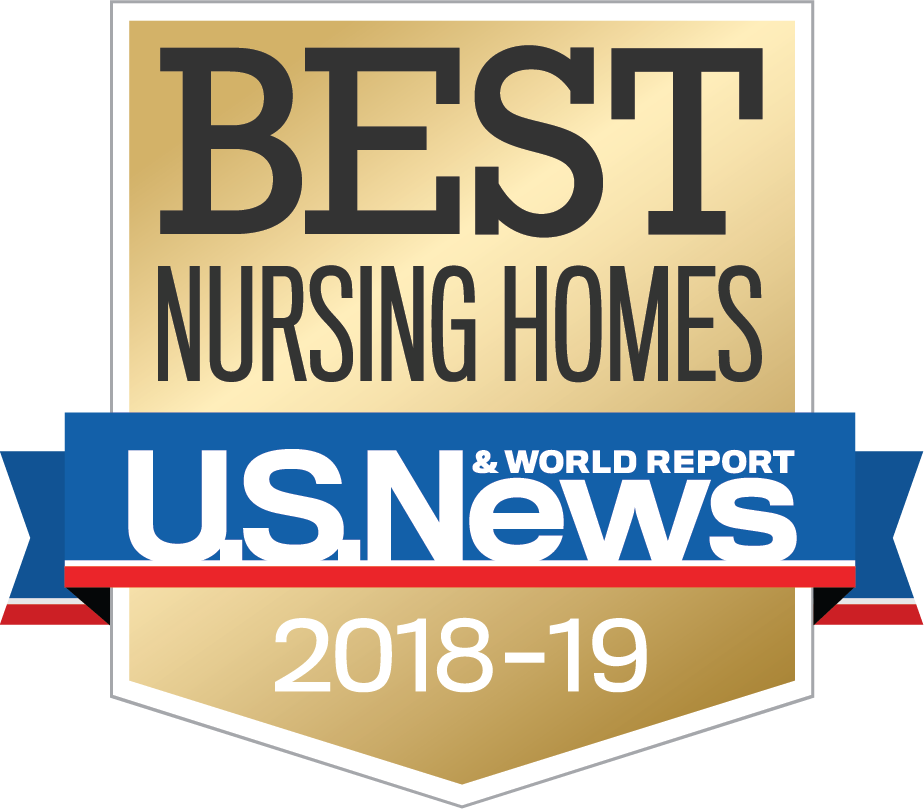SPIRITUAL LIFE & HOSPITAL VISITS
Our mission recognizes the meaningful relationship between physical, mental and spiritual well-being. These components of our mission are links in a chain of caring, each dependent on the other in order to provide for the whole person.
We believe that Ohio Living communities are special places to live, neighborhoods of caring friends and family. Like any vibrant neighborhood, each Ohio Living community looks toward its spiritual center to provide fellowship during times of celebration and support during times of challenge. This is spirituality at work, enhancing the blessings of everyday life and providing loving stability during life’s transitions.
However, each of us is at a different place on our unique spiritual journeys. Our supportive environments provide the freedom to express individual spiritual beliefs; to grow in personal faith; to be a part of a home congregation; or to abstain from spiritual opportunities altogether. This freedom is accompanied by respect for each individual and his or her spiritual choices.
Our eight full-time chaplains - a unique feature of Ohio Living communities - bring an ecumenical perspective to campus spiritual programming, as well as sensitivity to the ways that we can nurture the continuing spiritual development of residents.
We encourage residents to maintain their involvement with their own congregations and religious leaders, and so on a regular basis we invite those clergy to lead worship services on campus. We also invite residents’ congregations into partnerships with us in providing for the diversity of spiritual expression enjoyed by residents and staff.
As an organization, we affirm both our historic relationship with the Presbyterian Church (U.S.A.) and our commitment to welcome all faiths. Ohio Living is ecumenical; our communities and programs are open to persons of all faiths and are based on a spirit of inclusiveness.
HOSPITAL VISITS
Most of us have, in some way, experienced HIPAA – the Health Insurance Portability and Accountability Act. Since the law took effect several years ago, hospitals and retirement communities have been prohibited from disclosing medical information. As a result, clergy are finding it difficult to learn when one of the members of their congregation has been hospitalized or has died. At times this can result in frustration, anger and even damaged relationships. But there is a way we can ensure the continuation of our pastoral support during these times. Read on to see what you can do to help.
What is HIPAA?
The Health Insurance Portability and Accountability Act of 1996 was created to give patients greater control over who has access to their personal information. Does HIPAA allow bulletins and newsletters to carry prayer requests? Can we still have a prayer or email prayer chain?
Yes, as long as the information was not obtained from a health care employee who had access to the patient’s information. Because of heightened awareness regarding privacy, it is still a good idea to ask someone what information he or she wants included in prayer chains, printed materials and public prayers.
Why didn’t my pastor visit me in the hospital?
HIPAA prevents hospitals and retirement communities from contacting a patient’s congregation upon admission, unless prior consent has been given. Even with prior consent, these wishes are often not communicated. The only way to guarantee that clergy know about your hospitalization is to contact the congregation yourself.
What can I do to make sure that my congregation and other friends know about my hospitalization?
Now is the time to share your wishes with your family and friends. Simply tell them to contact your pastor whenever you are hospitalized – and to add your name to the prayer list at church. Most clergy assume that you want a visit in either a hospital or retirement community; they just need to know you are there!



